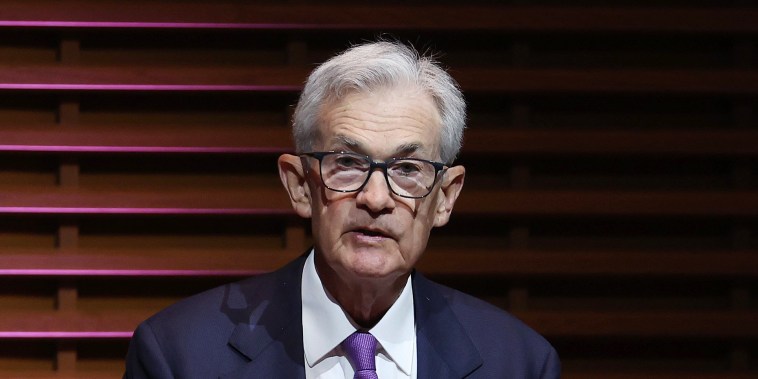The year 2021 has presented tremendous challenges for the global economy, marked by physical and financial upheavals stemming from the COVID-19 pandemic. As nations work to regain their economic footing, the issue of inflation remains a key concern. Federal Reserve Chair Jerome Powell recently highlighted the lack of significant progress in addressing inflationary pressures, sparking a fresh debate on the future of monetary policy and its implications for the broader economy.
Powell’s observations on the slow progress in managing inflation are particularly pertinent in the context of the Federal Reserve’s dual mandate of promoting stable prices and full employment. Inflation, when left unchecked, erodes purchasing power, disrupts economic planning, and can lead to social unrest. Powell’s acknowledgement of the challenges in curtailing inflationary forces underscores the complexity of macroeconomic policymaking in a rapidly changing world.
The persistence of high inflation rates has raised questions about the efficacy of the Federal Reserve’s current approach to monetary policy. With inflation running above the central bank’s target of 2%, there is growing pressure on the Fed to consider adjusting its policy stance to rein in price pressures. However, any such move must be carefully calibrated to avoid jeopardizing the nascent economic recovery and exacerbating existing inequalities.
One of the factors contributing to the inflationary environment is the surge in demand as economies reopen and consumers unleash pent-up spending. Supply chain disruptions, labor shortages, and rising input costs have further exacerbated the problem, leading to higher prices across a wide range of goods and services. Powell’s cautious tone indicates a recognition of these underlying drivers of inflation and the need for a nuanced policy response.
The Federal Reserve’s toolkit for managing inflation includes a combination of interest rate adjustments, asset purchases, and forward guidance. However, the effectiveness of these tools in the current economic environment is subject to debate. As Powell noted, the Fed’s ability to influence inflation may be constrained by structural factors beyond its control, such as technological advancements, globalization, and demographic shifts.
Looking ahead, policymakers face a delicate balancing act as they navigate the complex interplay of economic forces. The challenge lies in taming inflation without derailing the recovery or undermining financial stability. Powell’s acknowledgment of the lack of significant progress on inflation underscores the need for a comprehensive and coordinated approach to addressing the root causes of price pressures.
In conclusion, Powell’s recent comments on the state of inflation highlight the intricacies of central bank policymaking in a dynamic economic landscape. As the global economy grapples with the aftermath of the pandemic, finding the right balance between supporting growth and controlling inflation remains a pressing concern. The path forward will require a judicious mix of policy measures, close monitoring of economic data, and a willingness to adapt to changing circumstances.
